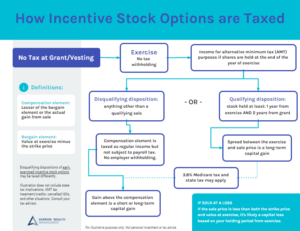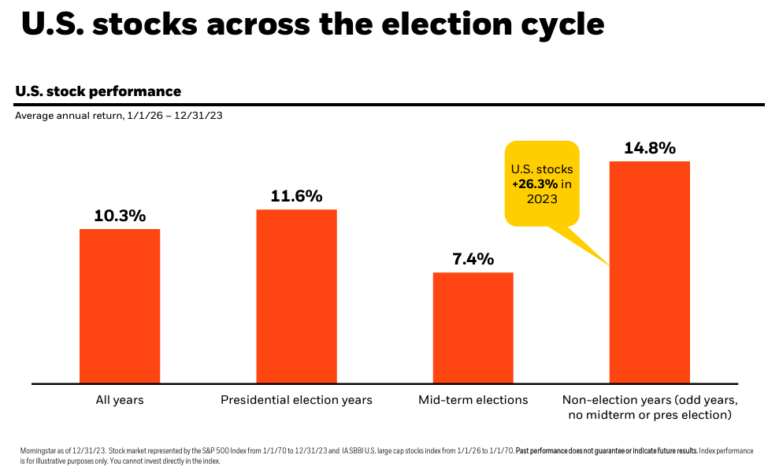A will and a trust serve two different purposes. A will is a high-level set of instructions after you pass away. For example, it will name the executor of your estate and guardians if you have children. While you can leave bequests in your will, it will go through the probate court. This is a key difference between wills and trusts.
How is a trust different from a will?
At the very least, adults should have a simple will. Here are some reasons why you may want to consider a revocable living trust and a will:
- To maintain the most control over your assets after you die
- To avoid the cost and hassle of probate
- If you or your spouse has children from another relationship
- With proper planning, trusts can reduce federal or state estate tax
- Control the timing and amount of inheritances to children or adults
- Maintain privacy as your estate is settled
Do you need a trust and a will?
A revocable trust isn’t necessary for everyone. But trusts aren’t just for the ultra high net worth, either.
Probate vs non-probate assets
Probate is a legal process where certain assets that were owned in the individual’s name are distributed by the court. The court uses your will to guide their decisions, but it’s not a guarantee your wishes will be followed.
Probate assets are accounts and other assets including real property that don’t pass directly to your spouse or heirs via beneficiary designation or a type of joint ownership (such as jointly with rights of survivorship). This can include a bank account, brokerage account, home, car, art, and even interests in a privately-held business. Retirement accounts and life insurance proceeds typically bypass probate if they have beneficiary designations established.
The probate process can take a long time. Your family could be without access to funds tied up in probate for an extended period. Further, it’s also very costly, which means there’s less left for your family when it’s over.
Related:
That’s Terrible…But It Would Never Happen To Me: Real Life Estate Planning Nightmares
A trust bypasses probate
Using a revocable living trust instead of a will means your accounts and trust assets can avoid probate. When a trust owns assets, they will flow to your heirs as you wish. Retitling accounts in the name of your trust (versus your own name) is how to transfer ownership.
You’ll work with a lawyer to put the specifics of your wishes and who-gets-what in the trust documents. A trust gives you control over your assets long after you’re gone.
For example, suppose you and your spouse have two children. You also have a brokerage account worth $2 million. Retitling your account in the name of your revocable trust would mean the account avoids probate. It also mean you can set the distribution terms for the account. Perhaps you want the funds available to your spouse, then your kids when your spouse passes away. If you are concerned about your kids coming into too much money too fast, you can set different age milestones various trust distributions.
What about in situations where couples are on their second marriage and have children from a previous marriage? Depending on family dynamics, you may want to include extra protections to ensure all your loved ones are taken care of. A trust can help with that, too.
Trusts sometimes offer tax advantages in estate planning
Certain assets are still eligible for a step-up in basis at death, even if they’re held in a revocable living trust (which becomes irrevocable at death).
Trust planning can also reduce estate tax. The federal estate tax exemption is $13.61M per person in 2024 and portable between spouses.
Massachusetts is one of a handful of states with its own estate tax. Taxable estates worth more than $2M can be taxable in the Commonwealth. Unlike the federal exemption, it isn’t portable between spouses. To preserve the exemption after the first spouse passes away, consider a credit shelter trust or marital trust.
In this example, assets up to the $2M exemption amount would flow from a decedent’s living trust to a credit shelter trust and any remaining assets would go into another trust, such as a family trust. If the surviving spouse died later in the year (for simplicity), the credit shelter trust would generally not be included in the taxable estate. This may reduce or eliminate estate tax at the state level altogether.
Important disclosure: The material in this article is for general information only. Discussions of some of the financial planning considerations regarding trusts should not be misconstrued as the rendering of personal legal or tax advice. We strongly recommend you consult an attorney to discuss your personal situation and estate planning needs. Darrow Wealth Management offers Private Wealth and Asset Management to individuals and families; we do not provide legal or tax advice.
Last reviewed January 2024










